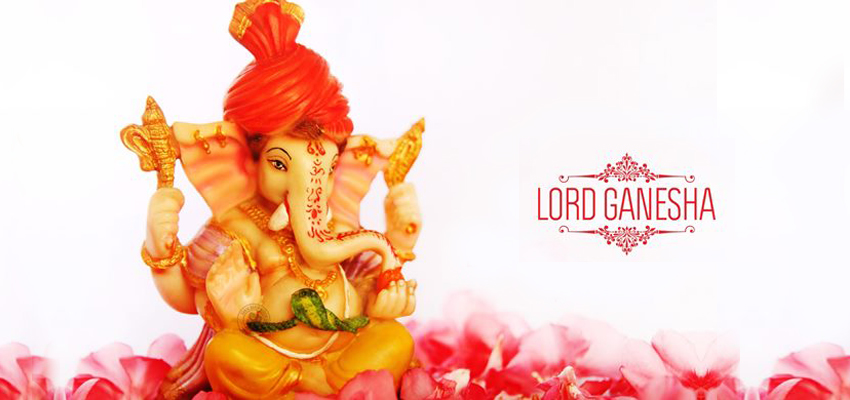
The worshiping of Lord Ganesha is prominent in our Indian society. Ganesha is considered to be the genesis of the eminent Hindu Mythology. It is said that, we as Indians garner a lot of trust in our Hindu mythologies, but being self- proclaimed righteous Hindu doesn’t solicit the well-being of our “nation” as a whole. Ganesha – a Sanskrit compound, is an amalgamation of two words i.e. Gan- “A group of people” and Isha – “The Leader”. So, in the process of celebrating his birthday, we not only in still an essence of leadership but we also rejoice the confidence of being a people’s man/woman.
But are our celebrations really in coherence with the thoughts and learnings we derive from this occasion??
Generally, NO. We celebrate and then we deliberately tend to ignore the significance of it.
Ganesha – an elephant headed kid, a child considered to be dissimilar, a prodigy not by appearance but by brilliance and wisdom; epitomize the same very ritual that we follow while exploring our own inhibitions. The entire theory that Ganesh Chaturthi exemplifies is that the future of a child can never be dictated by his/her physical appearances. This theory gets its back-up from an old Indian saying “Kids idolize Gods”. But analyzing deeply, one would see that it has turned out to be a mere shibboleth nowadays. Saying that we are at fault is not at all justified. But it might be true that in the process of nurturing our future generations we sometimes are bowed upon by self-developed prejudices.
Ganesha Chaturthi is a festival where celebrations start with the birth (Sthapana) and end with the farewell (Visarjan) of Lord Ganesha. A lot of feelings and enthusiasm remain attached to the days of Ganesha’s stay in an Indian family. But as per the tradition, the string breaks as soon as the necklace is off the neck.
The rationale behind the festival could only be served by seeking an utopia in our Indian society where a child would never be judged upon external factors (appearance, race, cast and community). Because, the times are near when the children would grow and lead, so carrying these inherent inhibitions at these high times would certainly mar the glory of their efforts.

